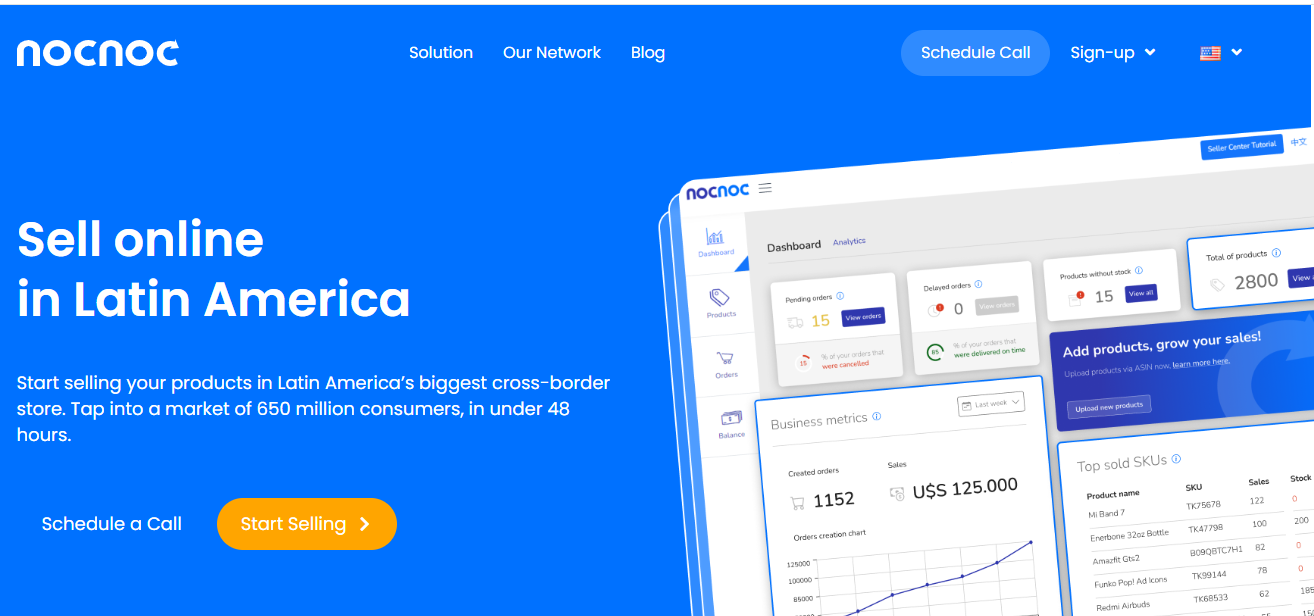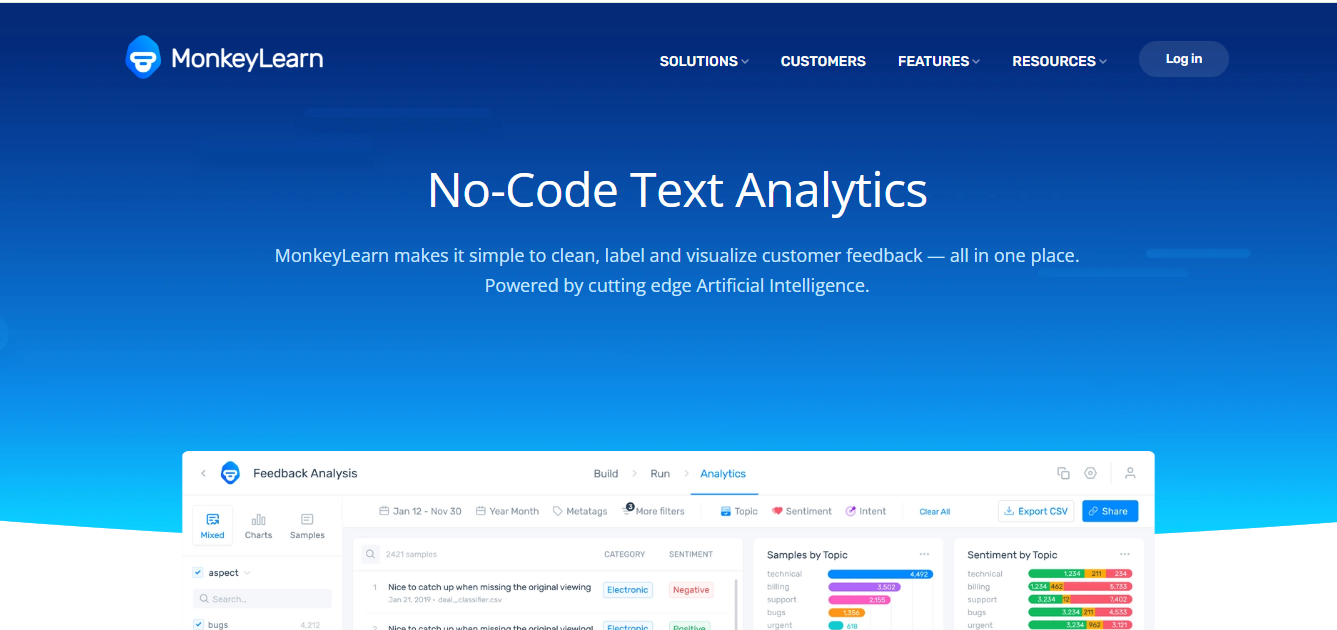Uruguay's Rising Star in LatAm's FoodTech Industry

Startups have emerged as crucial allies in the food industry, providing technological innovations and addressing consumer demands. Although these initiatives have been around for several years, their impact has strengthened recently, especially in regions like the United States and Europe, and now in Latin America. The relevance of these companies has led the United States to establish a startup accelerator in Uruguay, thus recognizing the potential of the region in this sector.
Uruguay Innovation Hub: Driving the Food Industry
Consumers are increasingly aware of what they consume and seek transparency in the food industry. Latin American startups are leading the way in introducing new technologies to innovate in ingredients, textures, flavors, and aromas. Additionally, they are promoting sustainable practices such as regenerative agriculture and the production of organic and plant-based foods
Uruguay has stood out as an example in Latin America in the FoodTech field. With the support of the United States, $5 million has been allocated to the Uruguay Innovation Hub, which will support companies with food-related approaches. This program not only seeks to foster technological innovation in the sector, but also to promote the inclusion of women through networking and mentoring programs.
The acceleration of startups in Uruguay is just the beginning. The Alliance for Economic Prosperity in the Americas (APEP) aims to bring this momentum to 12 other countries in the region, including Colombia, Brazil, Chile, and Argentina. This movement gains greater importance in a context of climate change, where regenerative agriculture becomes a priority in the face of challenges such as water scarcity and forest fires.
Trends and Future Perspectives
According to Ramón Escobar, Director of Strategy for the Western Hemisphere at the White House, Uruguay has the potential to lead innovation in FoodTech in the region. Trends in this sector focus on solutions that revolutionize the way people eat, particularly highlighting plant-based alternatives. Startups not only represent innovation, but also during the pandemic have positioned themselves as key drivers of change in various economic sectors.
Local Examples: Highlighted Uruguayan Startups
In addition to the overall momentum in the FoodTech industry, two Uruguayan startups deserve special attention: NocNoc and MonkeyLearn.
NocNoc is the largest cross-border store in Latin America, facilitating cross-border e-commerce for global brands. It offers a single platform for global sellers to start selling in 15 Latin American markets through its megastores.

On the other hand, MonkeyLearn offers no-code text analytics, allowing easy cleaning, labeling, and visualization of customer feedback. With cutting-edge artificial intelligence tools, it provides detailed insights and instant data visualizations, helping businesses better understand customer opinions.

Uruguay has become a key player not only in the Latin American FoodTech industry but also in various other sectors. Its capacity to lead innovation and collaborate with global initiatives underscores its potential for driving economic and sustainable development in the region.
